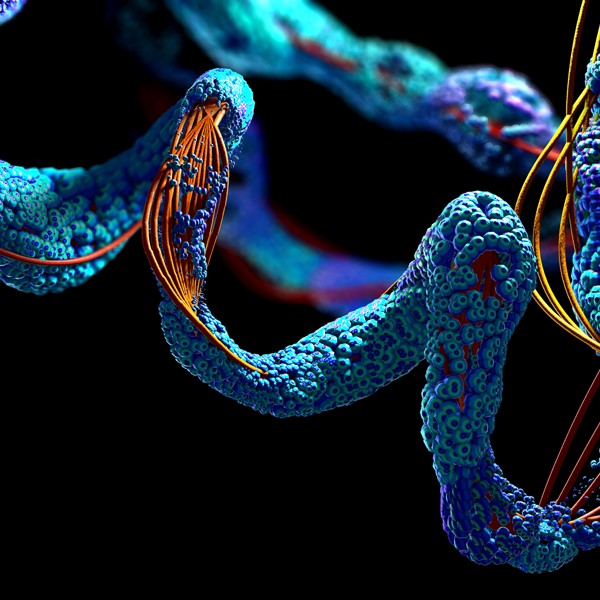
Two high school sweethearts from Indonesia reflect on their experience of studying at Chalmers.
Aksa started his master’s at Chalmers in 2015, followed by Sarah in 2018. Their journey at Chalmers was filled with personal growth and many memorable moments.
Aksa: I studied Materials engineering at Chalmers with an LPDP Scholarship from 2015 to 2017. After returning to Indonesia, I worked at two engineering consultancy firms. I wanted to gain experience before starting my own business.
Sarah: I did my master's in Nanotechnology at Chalmers after Aksa came back. I graduated in 2020 and returned back home during the pandemic. I received an offer right away from Institut Teknologi Bandung (ITB) to pursue a doctorate.
What is your career focus at the moment?
Aksa: I am developing my own business in financial technology and working on interactive media projects for education. I shifted from materials engineering after working for Boston Consulting Group and Hilti.
Sarah: I completed my fellowship at the National Institute of Materials Science in Japan as part of my doctoral studies in Nanotechnology. Now, I'm back in Bandung, continuing my studies and doing part-time jobs in education and content creation.
I was the only one in my group who could operate all the research devices, thanks to my experience at Chalmers
In what way has your education from Chalmers prepared you for your career?
Aksa: It was my first time abroad and everything fellt brand new. I experienced culture shock for the first time. Studying at Chalmers made me more adaptable and open to many new opportunities. Meeting international students and teachers was an amazing experience. I learned to work and communicate with people from different backgrounds, which is very valuable to me now.
Sarah: My bachelor's in Physics focused on electronic materials physics. At ITB, our lab was smaller, but at Chalmers, the access to the cleanroom and advanced materials characterization devices was transformative. It was like a deeam come true! It significantly enhanced my research skills. It also prepared me well for my work at a Nanotechnology research group in Japan. I was the only one in my group who could operate all the research devices, thanks to my experience at Chalmers. This has made me more confident and independent.
What were the most memorable things you experienced?
Aksa: Studying at Chalmers helped me understand and appreciate myself and Indonesia more. I experienced my first snow and had my first surgery in Sweden, receiving excellent healthcare. Academically, I delved into refractory high entropy alloys, a novel topic in 2016-2017, with great support from Chalmers lecturers and labs. Their advanced approach to exploring new topics was invaluable.
Sarah: Entering the cleanroom for the first time was unbelievable to me. I had to pinch myself when I was there, and felt like a total nanotech geek! It was my first time wearing the complete cleanroom protective suit. I felt so cool. I also went skiing for the first time and went up north to see the northern lights. Those were some of the most unforgettable memories to me.
Find out more about the programme

Nanotechnology, MSc
This master's programme is based on both physics and chemistry and will give you a thorough grounding in nanoscale properties and hands-on experience in experimental techniques. Chalmers is leading the development of quantum computing in Sweden, and you will be right at the forefront of the global race to take the technology further. You will also have the unique opportunity to work in world-class facilities such as our cleanroom. The programme is ideal if you are interested in an international career in the field of nanoscience and nanotechnology, both at the fundamental level and in the design and creation of components at the nanoscale.

Materials engineering, MSc
As far back as the Stone Age, materials have played a significant and defining role in human development — central to contemporary prosperity and the keys to future social evolution. Material engineers, therefore, have an essential role to play in developing and refining the materials of today and tomorrow, exploring their limits and taking their potential to the next level.When you study this master’s programme, you will gain the knowledge and skills to drive innovation, handle the complexity of materials problems and to find solutions within the entire lifecycle of products and processes, from design and manufacturing to end use, and recycling.